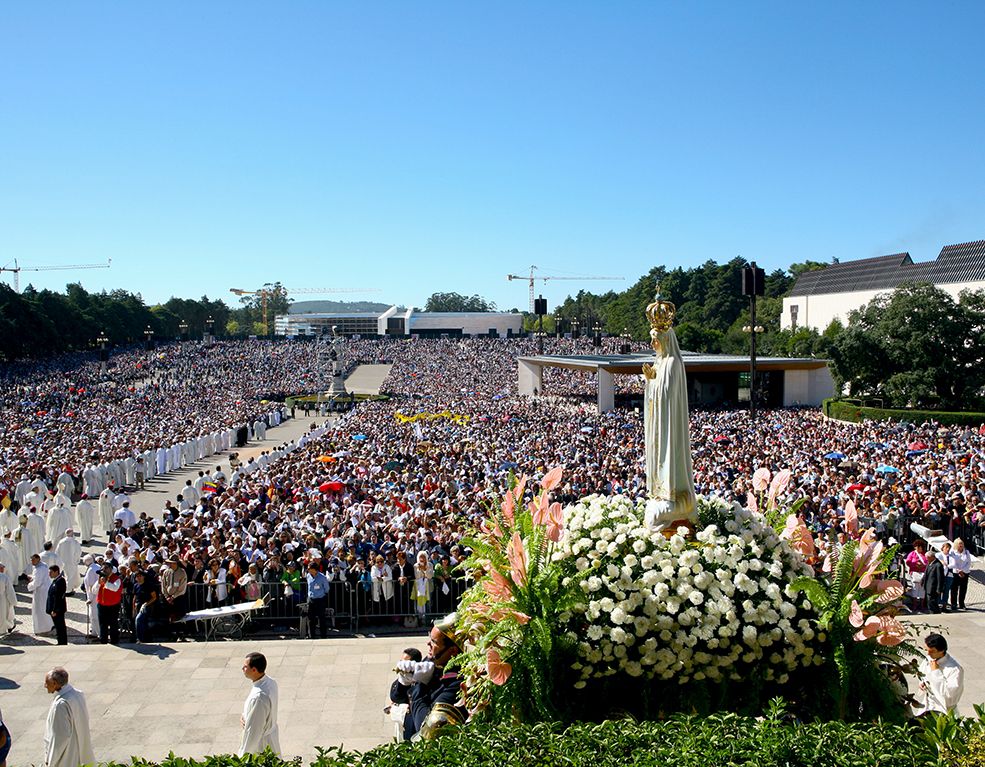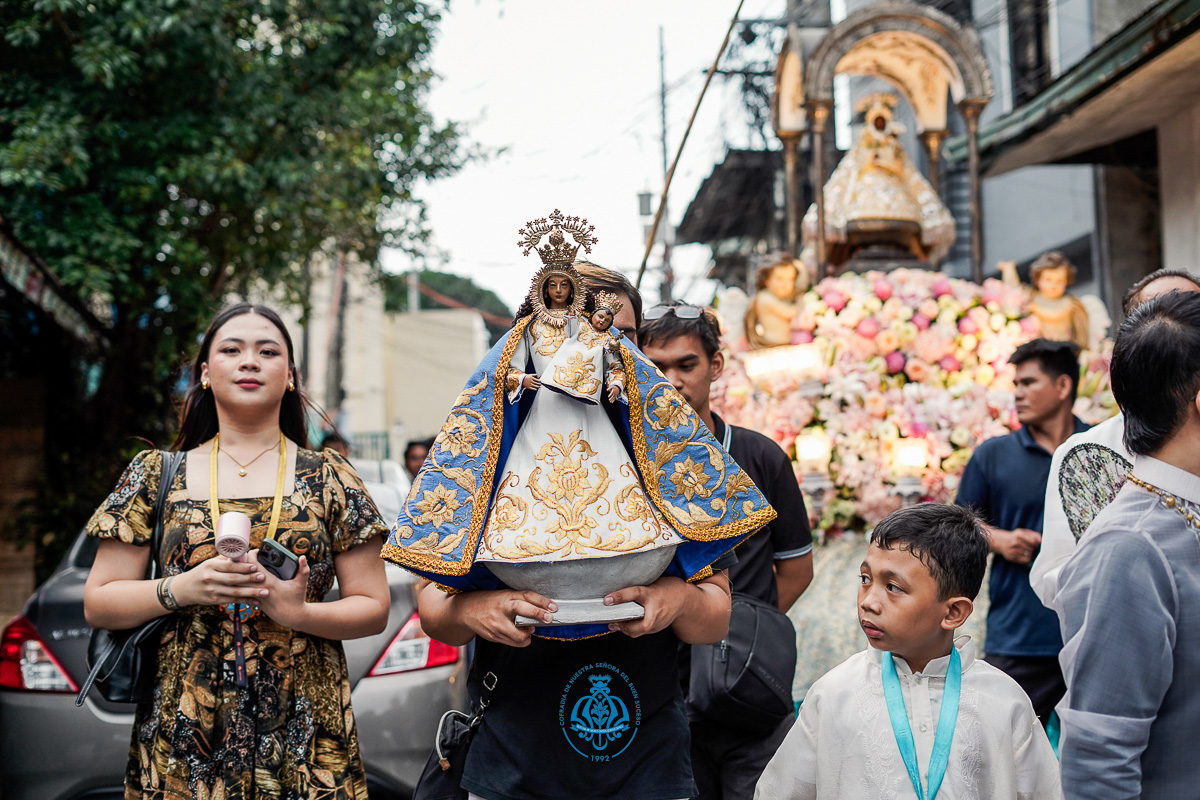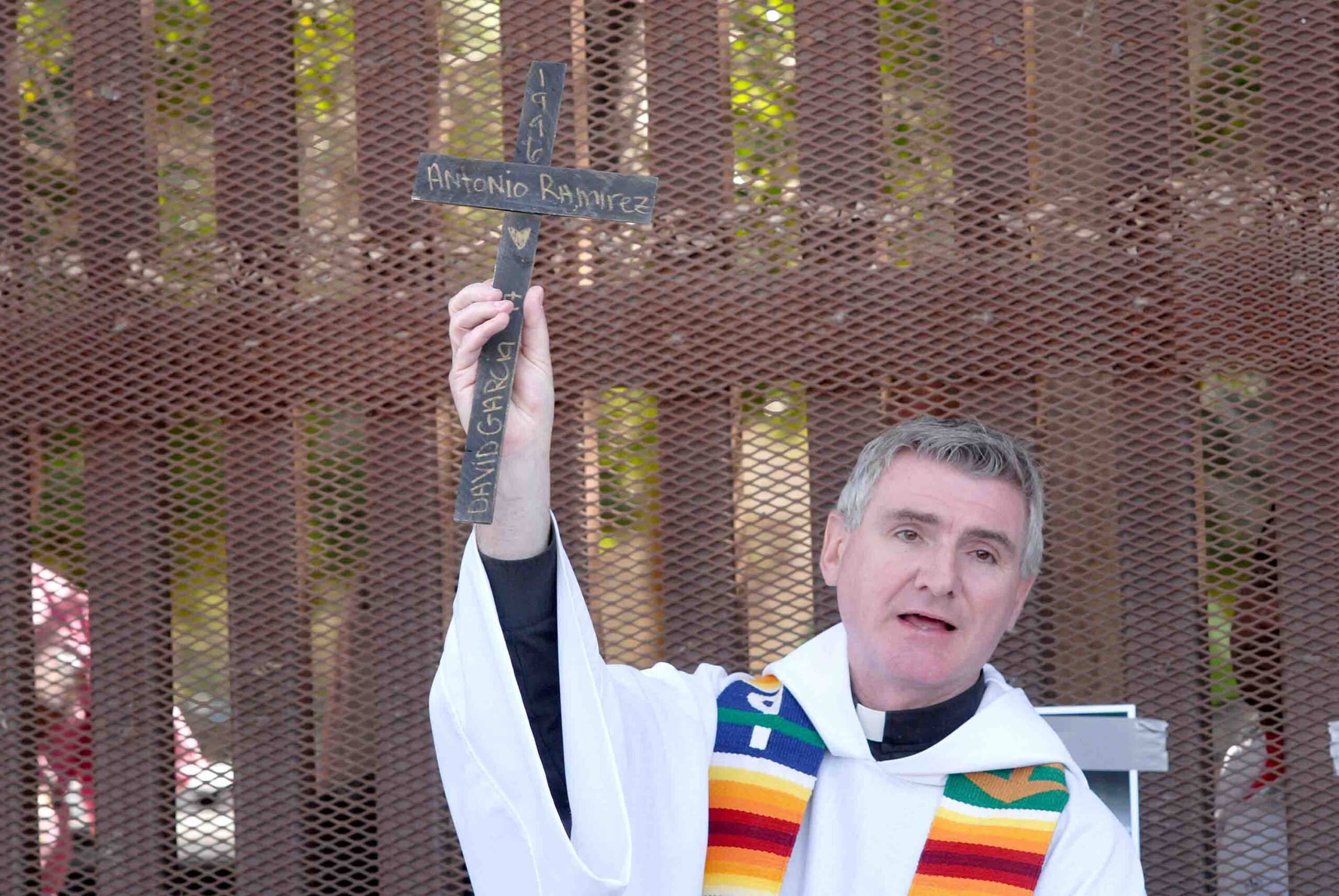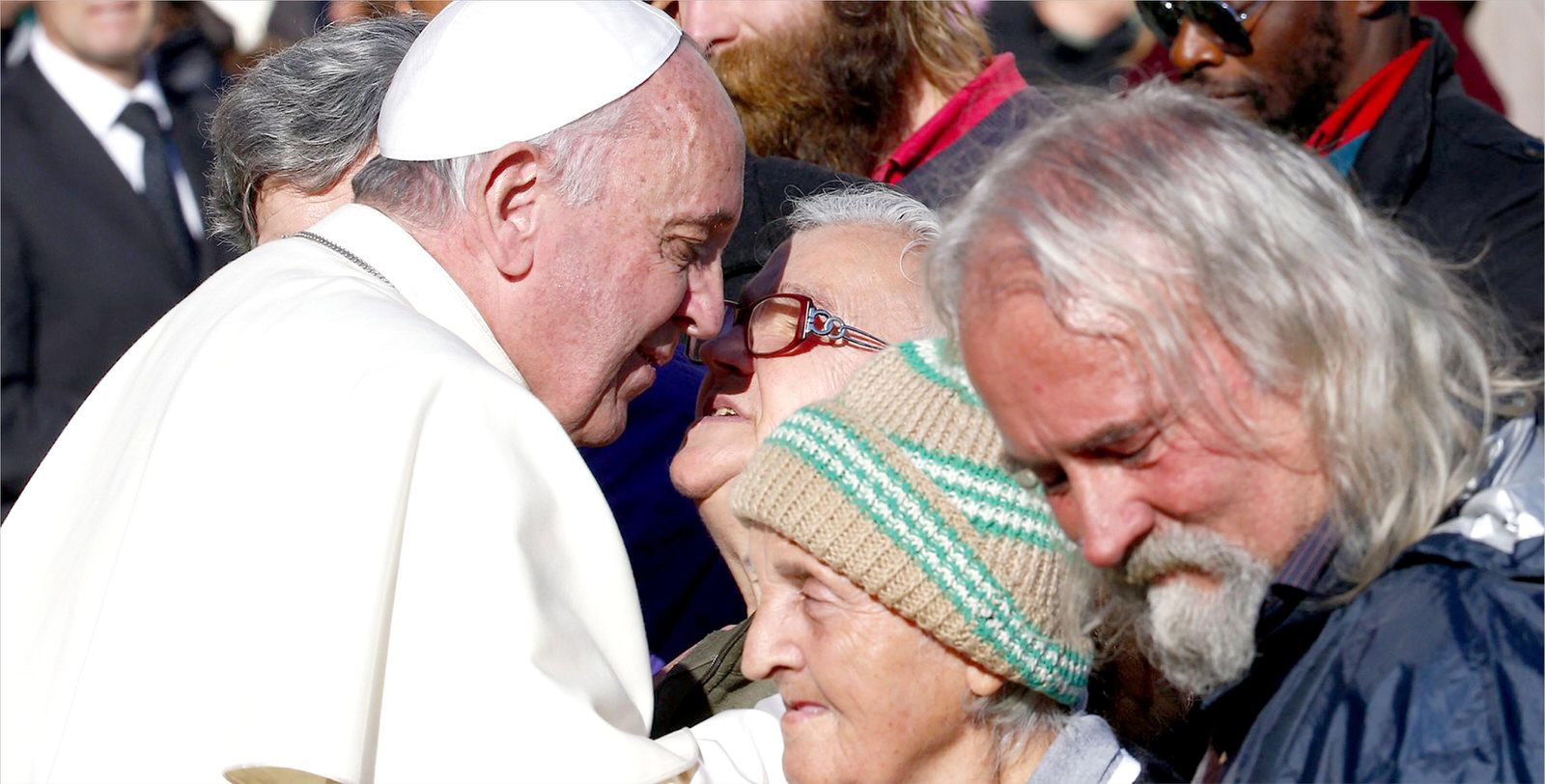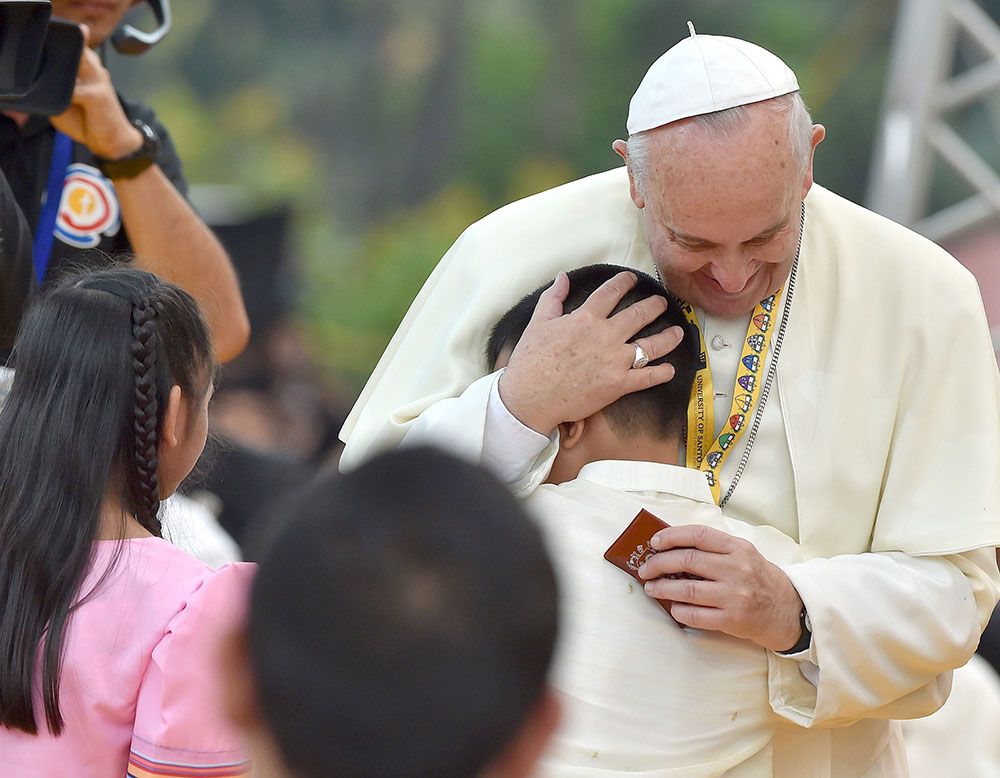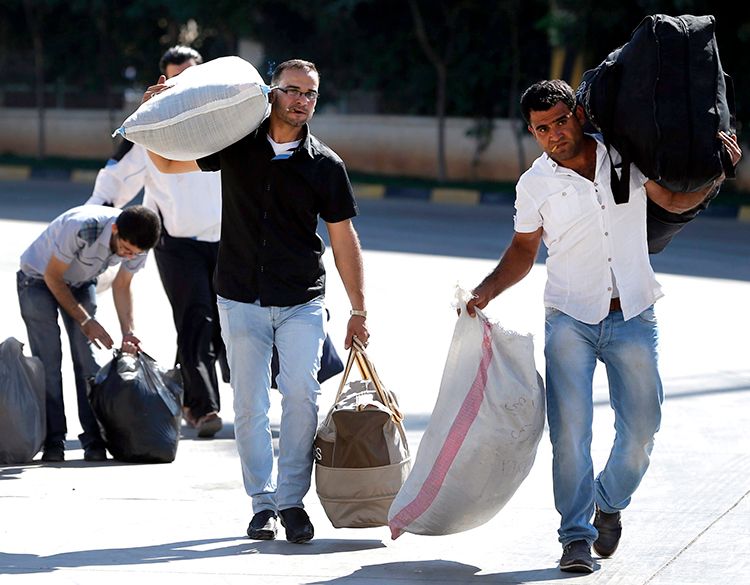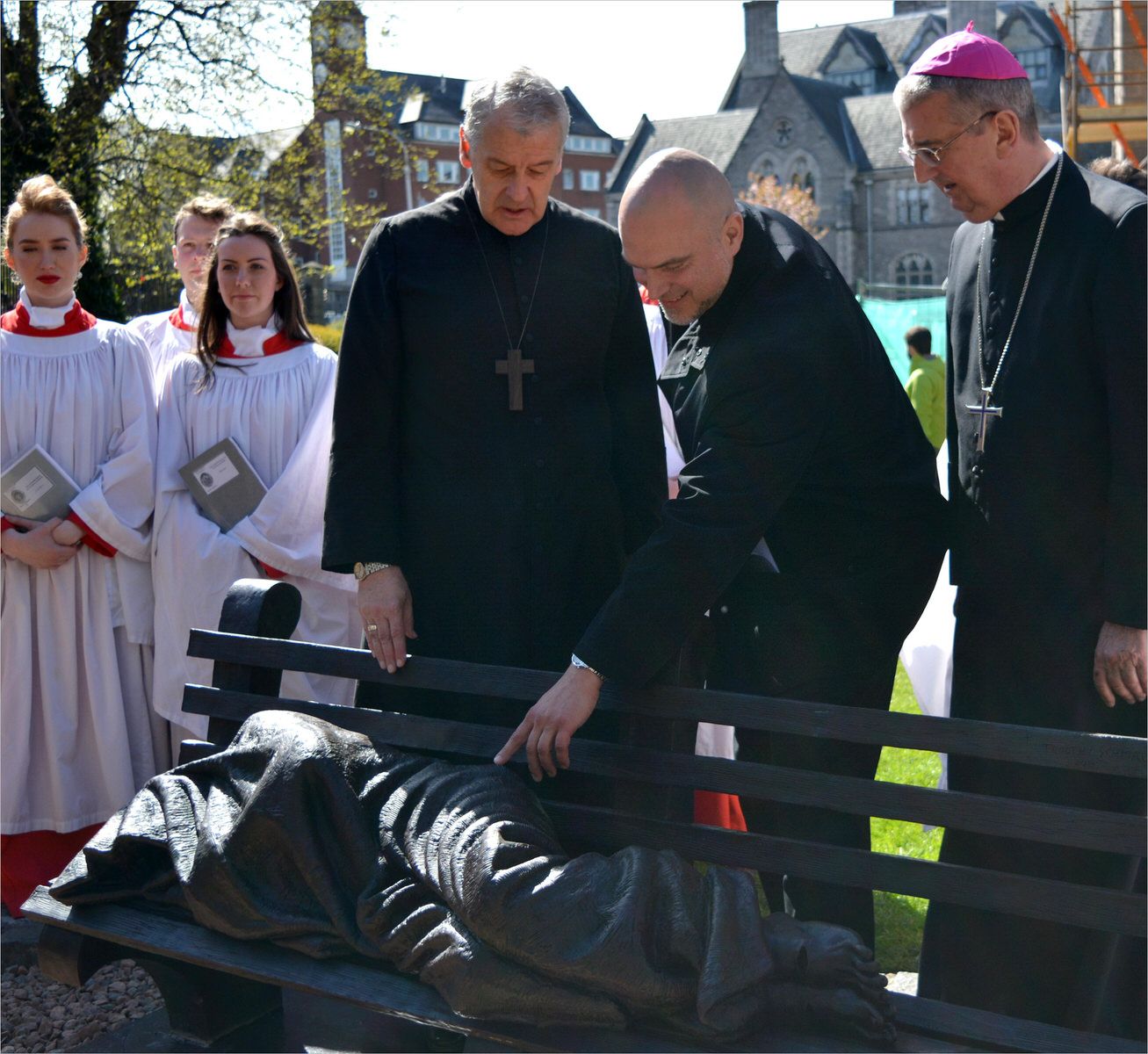They are so many, the hints and stimuli to reflection and conversion that come to us from Pope Francis, that it is almost impossible to keep up with the pace. Sometimes they are just gestures, more eloquent than an entire document. Sometimes they are half sentences thrown there as if en passant in the middle of a speech: but, as soon as you hear them, you understand that you cannot overlook them.
Pope Francis often relies on homespun language to make his points. Once, for instance, he compared overly grim Christians to “pickled peppers.” On another occasion, he said that gossip in the Church is like eating honey: it tastes sweet at first, but too much gives you a “stomachache.” Indeed, he even told a worldwide assembly of women Religious: “A theoretical poverty is no use to us.” Pope Francis became visibly moved, speaking to a packed audience in St. Peter’s Square, saying that wasting food is like “stealing from the poor.” And to convince his priests to go to the people, he has repeatedly said that a “shepherd must carry on himself the smell of the sheep.” The following are some of the pearls of this extraordinary teacher.
Inhabiting the frontiers
– “We are created children in the likeness of God and the Blood of Christ has redeemed us all! And we all have a duty to do good. And this commandment for everyone to do good, I think, is a beautiful path towards peace. If we, each doing our own part, do good to others, if we meet there, doing good, and we do it slowly, gently, little by little, we will make that culture of encounter: we need that so much. We must meet one another doing good. ‘But I don’t believe, Father. I am an atheist!’ But do good: we will meet one another there” (homily of May 22).
– “Poverty in the world is a scandal. In a world where there is so much wealth, so many resources to feed everyone, it is unfathomable that there are so many hungry children, that there are so many children without an education, so many poor persons. Poverty today is a cry. You can’t speak of poverty in the abstract: that doesn’t exist. Poverty is the flesh of the poor Jesus, in that child who is hungry, in the one who is sick, in those unjust social structures. Go forward; look there upon the flesh of Jesus. But don’t let wellbeing rob you of hope, that spirit of wellbeing that, in the end, leads you to becoming a nothing in life. Young people should bet on their high ideals, that’s my advice. But where do I find hope? In the flesh of Jesus who suffers and in true poverty. There is a connection between the two (To the pupils of Jesuit Schools, June 7).
– “Your proper place is the frontiers. This is the place of the Jesuits. Wherever in the Church, even in the most difficult and acute fields, in the crossroads of ideologies, in the social trenches, there was and is the confrontation between the burning demands of man and the perennial message of the Gospel, the Jesuits have been and are there.” Please, be men of the frontiers, with that capacity that comes from God. But do not fall into the temptation of taming the frontiers: you must go to the frontiers and not bring the frontiers home to varnish them a bit and tame them (to the Jesuits of Civiltà Cattolica, June 14).
To the youth: “I want a mess!”
– “The Gospel is for all! It means that we must go towards the flesh of the suffering Jesus but Jesus’ flesh also suffers in those who don’t know it, with their studies, their intelligence, their culture. We must go there! That’s why I like to use the expression ‘go to the outskirts’, the existential peripheries. Everyone, all of them, who suffer from physical and real poverty to intellectual poverty, which is also real. All the outskirts, all the intersections of paths; go there. And there you will plant the seed of the Gospel by word and by witnessing. Let’s not think that faith doesn’t have a future in our city (to the participants of Rome Pastoral Convention, June 18).
– “Personally, I think that being a minority is actually a strength. We have to be a leaven of life and love and the leaven is infinitely smaller than the mass of fruits, flowers and trees that are born out of it. I believe I have already said that our goal is not to proselytize but to listen to needs, desires and disappointments, despair, hope. We must restore hope to young people, help the old, be open to the future, spread love. Be poor among the poor. We need to include the excluded and preach peace. Vatican II, inspired by Popes Paul VI and John, decided to look to the future with a modern spirit and to be open to modern culture. The Council Fathers knew that being open to modern culture meant religious ecumenism and dialogue with non-believers. But, afterwards, very little was done in that direction. I have the humility and ambition to want to do something” (Interview by Scalfari).
– “I want to tell you something. What is it that I expect as a consequence of World Youth Day? I want a mess! We knew that, in Rio, there would be great disorder, but I want trouble in the dioceses! I want to see the Church get closer to the people. I want to get rid of clericalism, the mundane, this closing ourselves off within ourselves, in our parishes, schools and structures. We need to get out” (at Rio de Janeiro).
– “Fraternity, foundation for and way to peace,” this is the message Pope Francis has prepared for the World Day of Prayers for Peace, January 1, 2014. “In a world where interdependence keeps growing by the day, we cannot lack brotherhood or fraternity. Fraternity counteracts the globalization of indifference. The globalization of indifference must give way to the globalization of fraternity. Fraternity must affect all aspects of existence including economy, finance, civil society, politics, development, research and all the public, cultural institutions.”
Where St. Francis embraced poverty
– “My brother bishop has said that it is the first time in 800 years that a pope comes here. In these days in the newspapers, in the media, they fancied that “the Pope will go there to despoil the Church!” “Of what will he despoil the Church?” “He will despoil the habits of the bishops, of the cardinals; he will despoil himself.” This is a good occasion to invite the Church to despoil herself. But all of us are the Church!
From the first one baptized, we are all the Church, and we must all go on the path of Jesus who, Himself, followed the way of despoliation. He became a slave, a servant; He willed to be humiliated unto the Cross. And all of us must despoil ourselves of worldliness…Spiritual worldliness kills! It kills the soul! It kills persons! It kills the Church!
When Francis made the gesture here of despoiling himself, he was a young man, he didn’t have the strength for it. It was the strength of God that pushed him to do it, the force of God that wishes to remind us, what Jesus said to us about the spirit of the world, what Jesus prayed to the Father about, so that the Father would save us from the spirit of the world.
Today, we ask here the grace for all Christians. That the Lord will give all of us the courage to despoil ourselves of the spirit of the world, which is leprosy… The spirit of the world is Jesus’ enemy! I ask the Lord to give all of us this grace of despoiling ourselves” (Pope’s address at the site where St. Francis embraced Lady Poverty, Assisi, October 4).
The faithful are thrilled that Pope Francis envisions the Church as the home for all. They are comforted that he is sending a message of tolerance and maturity. They consider his remarks more important than an encyclical. Pope Francis refreshes. He flings doors and windows open to let the musty air out. Not for him an exclusionist Church …He doesn’t consider the Church a small chapel that can hold only a small group of selected people. He declares: “We must not reduce the bosom of the universal Church to a nest protecting our mediocrity. The Church must be a house for all.”




